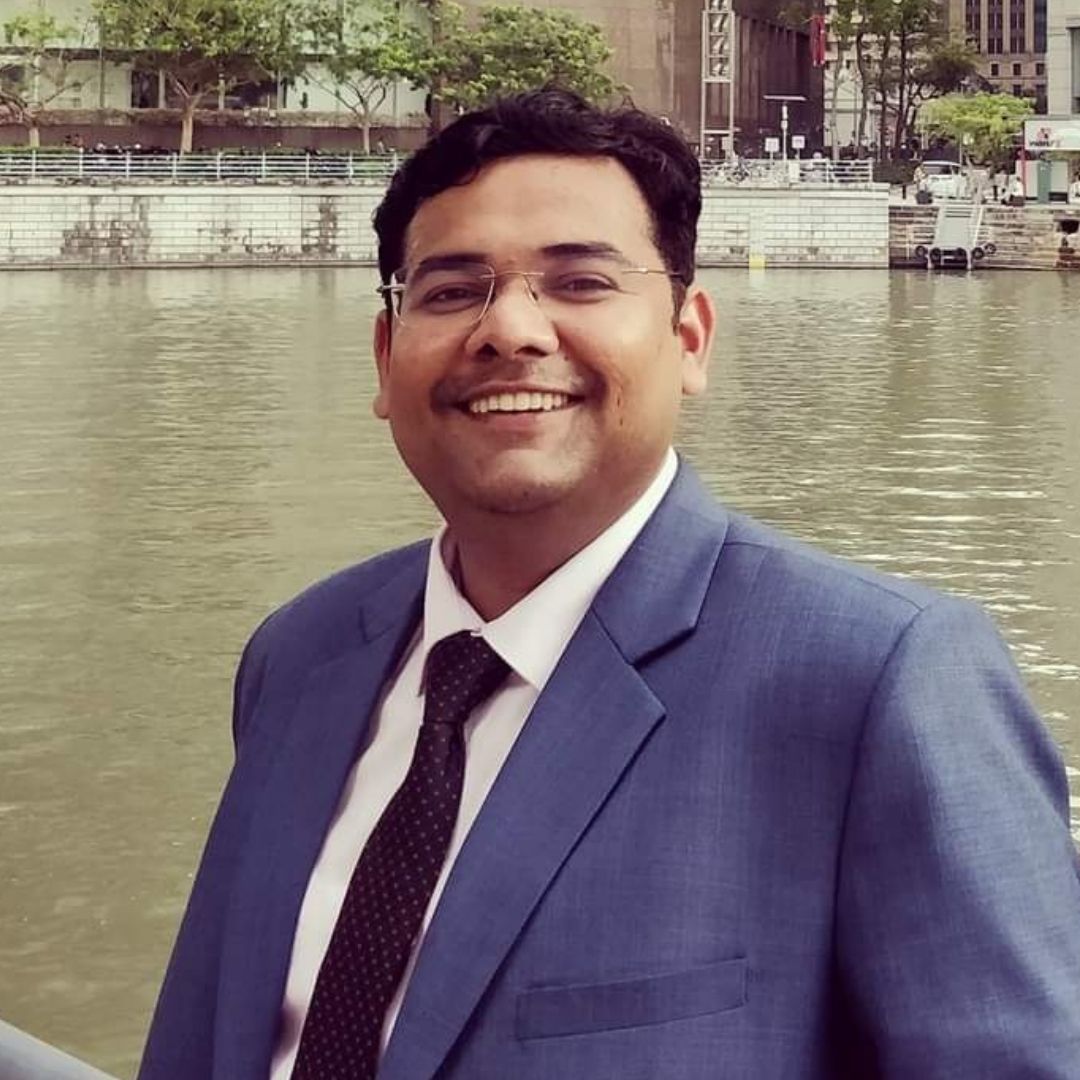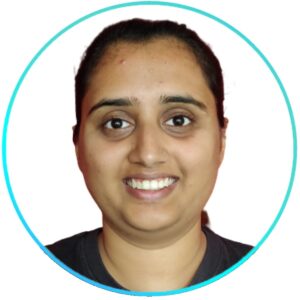In my opinion, a person does not choose the cause, but it is the cause that determines them. My journey started when I was very young. I used to take music classes in Akola. During that time, I realised many students were visually impaired. I had one such friend. His name was Abdul, and he had a very melodious voice.
Abdul was blind since birth and came from a low-income family. His father was a rag picker, and his mother died during pregnancy. Despite the tragic circumstances, Abdul’s father sent him to the classes where I met him. We struck a chord with each other. While he used to sing, I used to play the violin.
In 2005, I moved to Amravati. When I returned to Akola a few months later, I learnt that Abdul passed away at a young age due to dengue. While this, in itself, was a tragedy, it was the fact that corneal blindness was curable that broke my heart all the more. I felt helpless, and I regretted not being able to help him.
One day, I got an eye check-up done when I questioned my ophthalmologist about the condition. Vaguely, he told me that blindness can be cured if the cornea is donated from a dead person to those who need it the most. This ignited the desire in me to raise awareness about eye donation.
Raising Awareness About Eye Donation
I distinctly remember it was September 5, 2006, when I delivered a speech in my class about the cause. It was received well by my classmates and teachers alike. Soon after, some of my friends joined in the endeavour with me. In 2007, we went to several schools around the district to tell people what eye donation is. My uncle’s son passed away on December 31 of the year during that time. Eventually, we convinced the family to donate his eyes for a good cause. However, it was not meant to be.
While there was hardly any awareness about eye donation, the eye banks were non-existent in the Amravati district, which disappointed us immensely. I spoke to 49 ophthalmologists during this time, trying to convince them about opening an eye bank. It was then that I learnt about the logistical difficulties involved.
One of the major causes of corneal blindness is malnutrition. Most of the families in these districts are from low-income backgrounds. Therefore, such problems are widespread. Not only that, the process of eye donation is lengthy and expensive. Therefore, people in rural communities cannot afford it, making the issue worse.
Dedicating My Life To A Worthy Cause
Almost all hopes were lost until I attended a conference, where an ophthalmologist told me to start an eye bank on my own. Back then, I was just in the 8th standard, and establishing an eye bank was a completely new field for us.
During this time, I juggled my education with a worthy cause. These were the formative years of my life as I prepared to give the upcoming engineering entrance exams. I wanted to go to Kota to prepare for IIT. However, I chose to stay back in Amravati and opted for local coaching centres.
I cleared my board exams with flying colours. I got into the prestigious Vellore Institute of Technology (VIT), but I dropped it all to stay back in Amravati. I put my music aside and dedicated my entire life to forming accessible eye donation banks for the community.
Making Eye Donation Easier
It took almost seven years to create the Deesha Eye Bank. The labour of love has surpassed several hurdles to reach where it has. We have encouraged over 14 lakh people to donate their eyes and conducted close to 2100 cornea-related and cataract surgeries around the state.
Indeed, establishing this was no mean feat. For equipment alone, one needs ₹2.5 crores to purchase it. We raised the whopping amount with the help of loans and crowdfunding options. With the guidance of renowned ophthalmologists such as Dr Manish Totey and Dr Ashish Potphode, we took the banks to a place where eye donation seemed like a distant dream.
Over the years, our organisation has worked through infrastructural and societal gaps to make this process accessible to Maharashtra’s remote districts. I feel incredibly proud that, in some way, I can bring a smile to such people’s faces. There is still a long way to go, but I know, Deesha will soldier on as there is, definitely, light on the other side of the tunnel.
If you too have an inspiring story to tell the world, send us your story at mystory@thelogicalindian.com












